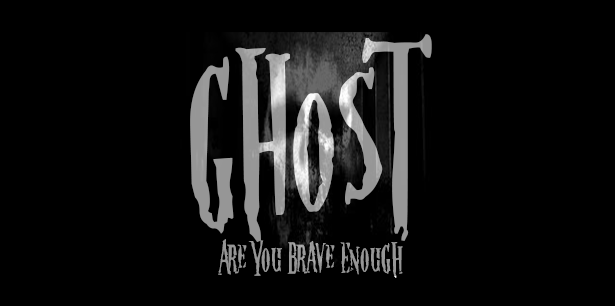
Tarot cards have long captivated the human imagination, serving as enigmatic tools for divination, self-reflection, and spiritual exploration. With their rich symbolism and intriguing imagery, these cards have woven themselves into the fabric of various cultures throughout history. In this article, we embark on a journey through time to uncover the ancient roots and captivating evolution of tarot cards.
Ancient Beginnings:
The origins of tarot cards trace back to ancient civilizations, with the earliest known predecessors emerging in China and Egypt. Chinese playing cards and Egyptian divination practices set the stage for the development of the tarot we recognize today. These early card systems laid the groundwork for the symbolic language and metaphysical concepts that would later be embraced by tarot enthusiasts.
Birth of the Tarot:
The true birthplace of tarot cards, as we know them, can be found in medieval Europe. It was during the 14th and 15th centuries that the first recorded decks appeared, initially serving as playing cards for the affluent elite. These early decks, known as "tarocchi" or "trionfi," featured allegorical illustrations and numbered cards, reflecting the cultural and societal values of the time.
Spiritual Renaissance:
The Renaissance period witnessed a significant transformation in the perception of tarot cards. Influenced by the burgeoning interest in esotericism and mysticism, the tarot transitioned from a mere game to a potent tool for divination and spiritual exploration. Notable figures, such as occultists and philosophers, began delving into the hidden meanings embedded within the cards, paving the way for a deeper understanding of their symbolic power.
The Marseille Tarot:
One of the most influential tarot decks in history is the Marseille Tarot. Originally crafted in the 17th century, this deck became the standard template for subsequent tarot designs. The Marseille Tarot featured iconic imagery and archetypal symbolism that continues to inspire modern tarot interpretations. Its enduring legacy has solidified its place as a cornerstone in the world of tarot.
The Rider-Waite Tarot:
No discussion of tarot history would be complete without mentioning the Rider-Waite Tarot. Created in the early 20th century by artist Pamela Colman Smith and occultist Arthur Edward Waite, this deck revolutionized tarot imagery. Departing from traditional depictions, the Rider-Waite Tarot introduced vivid illustrations and added layers of esoteric symbolism, making it immensely popular and influential.
Tarot Today:
In contemporary times, tarot cards have transcended cultural and geographical boundaries. They have become cherished companions for individuals seeking guidance, self-discovery, and spiritual insight. Tarot readings, whether conducted by professional readers or performed personally, offer a pathway to introspection, intuition, and a deeper understanding of life's mysteries.
The captivating history of tarot cards is a testament to their enduring allure. From their ancient origins to their transformation during the Renaissance and their continued relevance in the modern world, tarot cards have evolved into powerful tools for self-reflection and spiritual exploration. Delving into the history of tarot allows us to appreciate the profound symbolism and wisdom encapsulated within each card, inviting us to embark on a personal journey of discovery and enlightenment.
References:
1. Dummett, Michael. The Game of Tarot: From Ferrara to Salt Lake City. Duckworth Publishing, 1980.
2. Kaplan, Stuart R. The Encyclopedia of Tarot. U.S. Games Systems Inc, 2006.
3. Decker, Ronald, et al. A History of the Occult Tarot. Duckworth Publishing, 2013
.
Links:
- [Tarot Heritage](https://tarotheritage.com/)
- [Tarot Museum](http://www.tarot-museum.com/)
- [American Tarot Association](https://www.ata-tarot.com/)
- [Tarot Professionals](https://www.tarotprofessionals.com/)

Comments